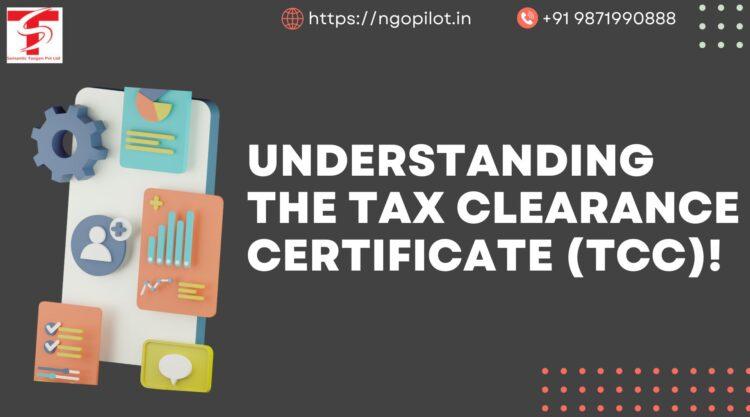
An income tax clearance certificate as the name goes, is a document issued by the Indian tax departments to indicate that you do not owe any taxes. It is issued by the revenue department of the state government.
Union finance minister Nirmala Sitharaman made a big change in the Union Budget 2024 for those intending to shift from India. From the Budget 2024 announcement, the new law compels people with domicile in India to pay outstanding taxes and obtain ‘clearing certificates’ if they want to travel out of the country.
In accordance with section 230 of the Act, every person does not need to obtain a tax clearance certificate. This said can only be applied for by some persons in respect of whom there may be circumstances which may force a person to apply for a tax clearance certificate. This position has been in the statute since the year 2003 and as such remains unaltered even after the changes made under the Finance (No. 2) Act, 2024.
In this context, the CBDT has specified that the tax clearance certificate under Section 230(1A) of the Act, may be required to be obtained by persons domiciled in India only in the following circumstances:
the CBDT has clarified that the tax clearance certificate under section 230(1A) of the Act, may be necessary to be obtained by the persons who are domicile of India.
Where the person has been implicated in major frauds and his presence is required in investigation of cases under the Income-tax Act or the Wealth-tax Act and it is expected that the demand for tax will be raised regarding him.
If, as in the following provisions of section 218, the person has direct tax arrears amounting to more than ₹. 10 lakh for which no staying order has been passed against him.
DISCLAIMER: The information provided in this article is intended for general informational purposes only and is based on the latest guidelines and regulations. While we strive to ensure the accuracy and completeness of the information, it may not reflect the most current legal or regulatory changes. Taxpayers are advised to consult with a qualified tax professional or you may contact to our tax advisor team through call +91-9871990777 or info@semantictaxgen.in
© 2013-25 Semantic Taxgen Pvt Ltd - All Rights Reserved